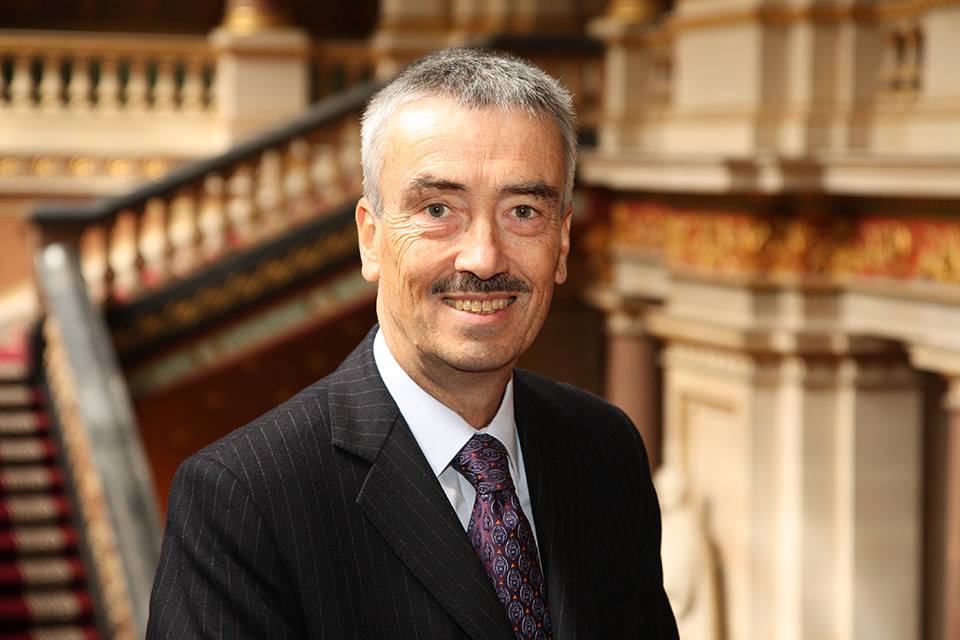By Libya Herald reporter.

Tunis, 18 June 2014:
The new British Ambassador to Libya, Peter Millett, replacing Michael Aron in July, said that . . .[restrict]there is a real possibility of reaching a Libyan agreement this week, stressing that the international community was ready to provide economic support and security in reaching this agreement.
The United Nations Support Mission in Libya (UNSMIL) had presented earlier this week the latest draft agreement on forming a Government of National Accord (GNA) in Libya based on commitment to the sovereignty and territorial integrity of Libya, and respect the democratic rights of the Libyan people and the principles of the 17 February revolution in the Transitional Constitutional Declaration, protection of human rights, and the separation of the three legislative, judicial and executive powers, which is an important feature of modern effective government.
Ambassador Millett called on the Libyan Government to “agree on the GNA on the basis of the United Nations draft”, saying “we believe that there is hope and the real possibility of reaching an agreement this week. Libyans have a historic opportunity to end conflict and build a free, democratic, stable and prosperous country, and we urge the parties to seize this opportunity to benefit the whole country.”
Millett added, “The international community stands ready to provide substantial assistance to the humanitarian, economic and security support to the unified Libya as soon as there is agreement on the new government. Similarly we will also hold to account – through sanctions – those who impede the formation or functioning of that government.”
“This agreement will be a first step on the long road to the rebuilding of Libya, but only through a government of national unity would the Libyan people be able to face the large challenges ahead, including the economic contraction and the growing threat of violent extremism”.
”Every day that passes without agreement allows IS to expanded its grip on Libyan cities, and the alternative to the agreement would probably be years of chaos and IS will increase its power.”
Millett underlined that “the international community is there to help the Libyan people to find their own solution by themselves. Political dialogue is and will be the future of the Libyan people, led by the Libyans and with the help of the United Nations, but the process and results are in the hands of the Libyans”.
He added that “the current proposal draft based solely on discussions of the participants in the dialogue and the current Libyan law. Now is the time for all Libyans to put the country on a better path toward a safer future of stability and prosperity.” [/restrict]






